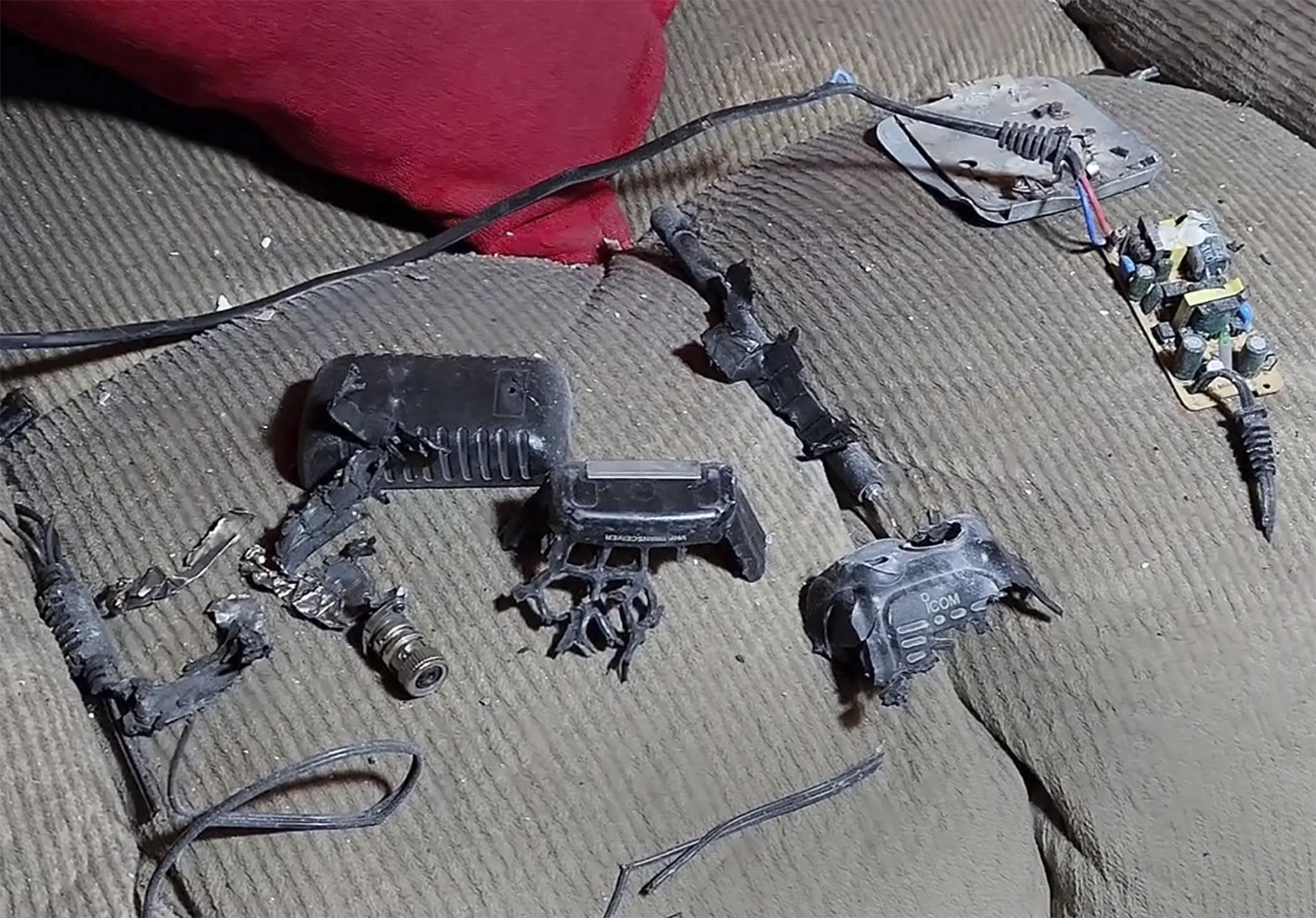Israel has sparked a new conflict, this time in Lebanon. The unprecedented incidents in recent days have reignited fears of an open war in Lebanon, against which Israel had already intensified its rhetoric in the previous days, insisting on the need to end Hizbullah's presence on the border.
Following the great confusion caused by Israeli attacks, using drones, walkie-talkies, and mobile phones as lethal weapons, the international community is seeking those responsible and involved in this new cyber warfare strategy. Japanese telecommunications company Icom stated on Thursday that they currently "cannot confirm" if their "walkie-talkie" models were used in the explosions.
The company based in Osaka pointed out the possibilities that the devices in question were counterfeits of their models or devices that ceased distribution a decade ago to which modified batteries were added. The Icom devices involved in the explosions are "walkie-talkie" model IC-V82, of which around 160,000 units were produced and sold both in Japan and abroad, including Middle East, between 2005 and 2014, the company explained in a second statement published on Thursday.
